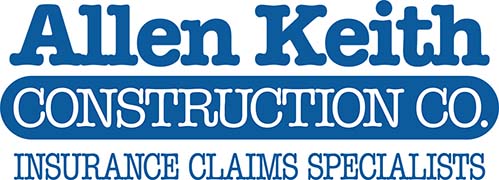Experts Say These 7 Home Renovations Add Major Value
The remodeling industry is constantly evolving, with homeowners always looking for the best types of home remodeling projects that can add more value to their homes. Home improvement projects that provide a high return on investment and improve a home’s overall functionality and aesthetic appeal are typically considered the best projects.
Kitchen and bathroom projects are often top of the list for the best home remodeling types. These projects can update outdated features and fixtures, improve energy efficiency, and create a modern, attractive look that appeals to buyers. In addition, finishing a basement or adding outdoor living space can also be great options to add more usable square footage to a home and improve the home’s overall value. It’s important to consider the cost and potential return on investment before embarking on any remodeling projects. Homeowners should work with a professional contractor or designer to ensure that the final result meets their expectations and provides the best value for their investment.
Key takeaways include that the best home remodeling projects add more value to a home, such as kitchen or bathroom remodels, basement remodels or outdoor living spaces. Homeowners should carefully consider the costs and potential return on investment before embarking on any remodeling projects. They should work with a professional contractor or designer to ensure the final result meets their expectations.
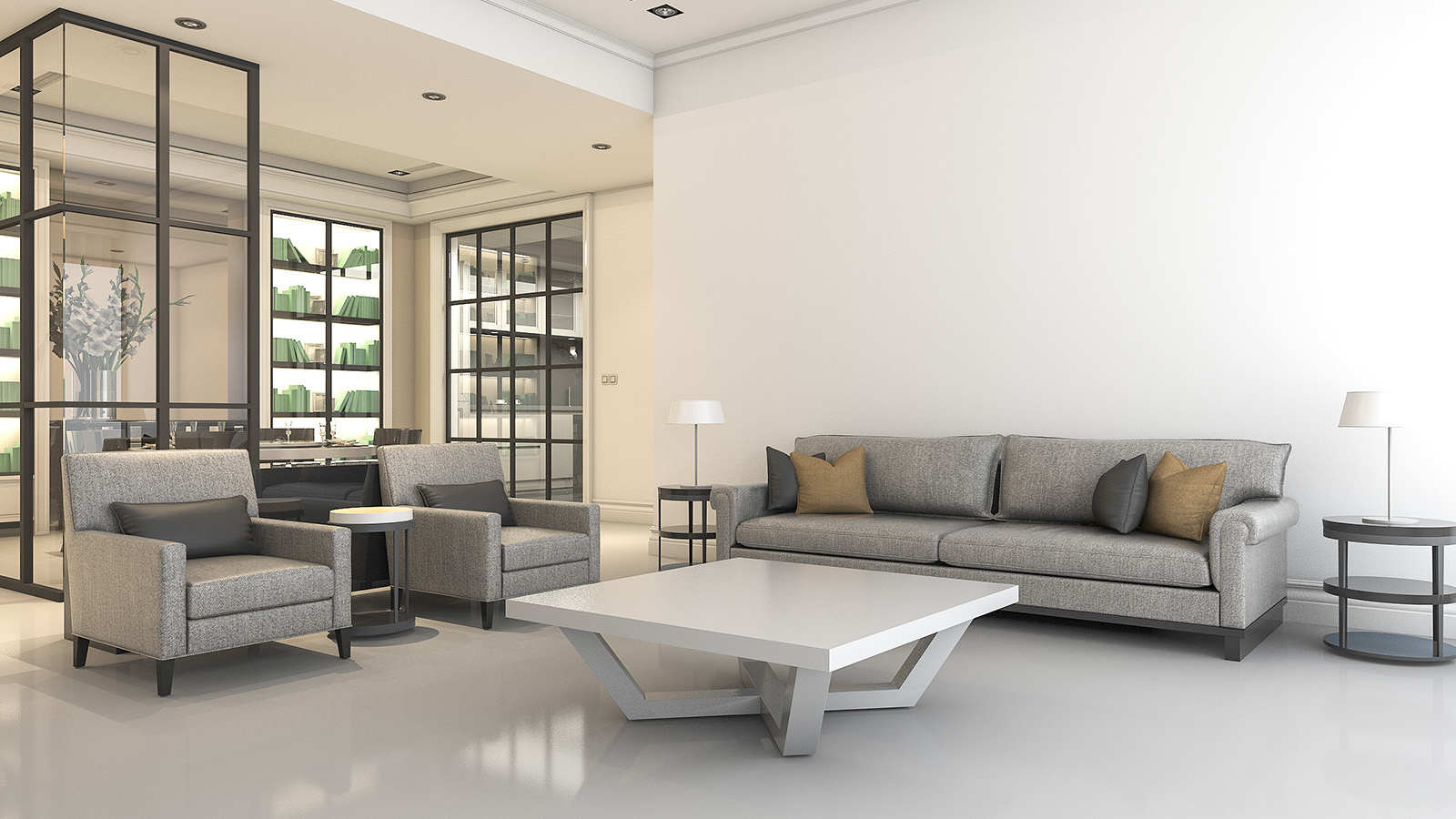

What Are the 3 Types of Renovation?
Home renovations come in various forms, from cosmetic updates to major remodeling. While cosmetic renovations focus on improving a home’s appearance to enhance its curb appeal, functional renovating aims to improve its layout and maximize its square footage to add value. On the other hand, major renovations often involve significant changes to a home’s structure and systems, creating more room and increasing its value.
Regardless of the type of renovation, homeowners often embark on these projects to improve their quality of life and increase their home’s value. Home remodeling has the potential for a high ROI, as it can make a home more desirable to buyers and increase its resale value.
Cosmetic Renovations
Cosmetic renovations focus on improving a home’s appearance, both inside and out, to enhance its curb appeal and ultimately increase its value. For example, exterior cosmetic renovating can involve updating a home’s exterior with new siding, adding stone veneer to accent walls or the front porch and replacing the front door or garage door. New windows can also be installed to improve energy efficiency and give the property a fresh look.
Inside the home, cosmetic renovating may include repainting the walls, updating lighting fixtures and replacing flooring. These upgrades can make the room more visually appealing and create a cohesive design throughout the home. By improving its exterior and interior appearance, cosmetic renovations can enhance its curb appeal, making it more attractive to prospective home buyers and increasing its resale value.
Functional Renovations
A functional renovation is a type of home improvement that involves changing a home’s layout or structure to improve its functionality, maximize its potential, and add value. This renovation type may include adding a room, creating an open-concept floor plan or finishing a basement to convert wasted space into a usable area. Attic conversions are also a popular functional renovation option that can create additional space.
A functional renovation can make a big difference to a family by identifying and eliminating wasted space, providing a more comfortable and enjoyable home. For example, converting an attic into a usable living area can add significant value to a home by creating an additional room. Depending on the homeowner’s needs, this area can be used as a bedroom, home office, or entertainment room. A functional renovation can also create an open concept, improving the home’s flow and making it more useful for modern living. A functional renovation can be a smart investment for owners looking to maximize their home’s potential and create a more comfortable and enjoyable living experience.
Major Renovations
Major remodeling projects involve significant changes to a home’s structure, layout, and systems, often creating more room and increasing its square footage. These home renovations typically include adding or removing walls, rooms, or floors, upgrading electrical and plumbing systems, replacing windows or doors, and replacing roofing or siding. By investing money in a major renovation, owners can increase the resale value of their homes and create a more functional and attractive area for their families.
Major renovations have the potential for a high ROI, as they can significantly increase the value of a home and make it more attractive to buyers. A major renovation can make a home more desirable and increase its resale value by creating more room and upgrading systems. This can be especially important for homeowners looking to sell their homes in a competitive real estate market. Additionally, by creating a more functional and attractive area for their family, owners can enjoy the benefits of their renovation while they still live in the home.
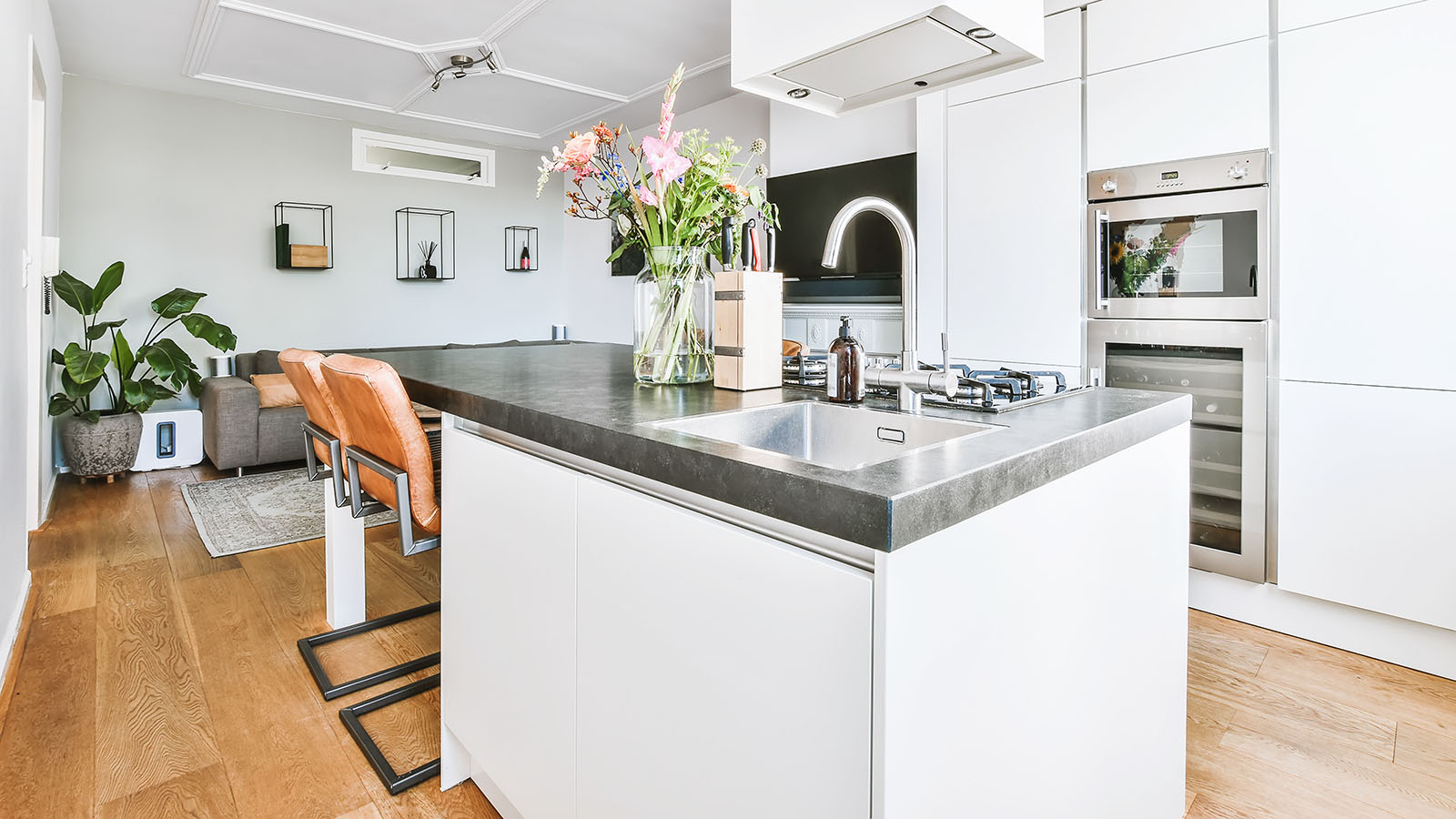
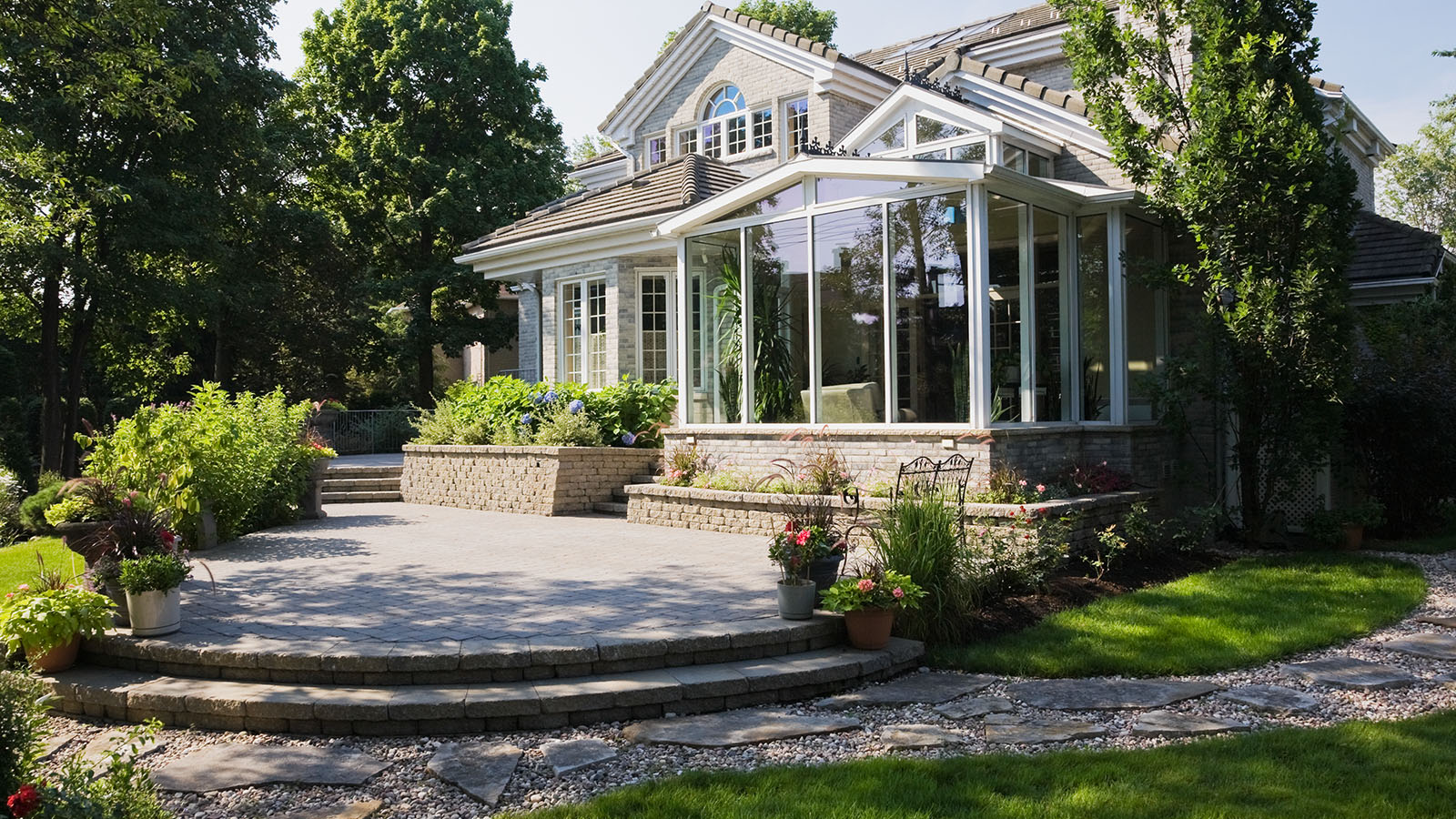
Areas of Home Renovation
Home remodeling is a popular way for homeowners to add value to their properties, and the best types of home remodeling projects include kitchen and bathroom remodels, finishing a basement, adding outdoor living space, improving curb appeal, making energy-efficient upgrades, and adding smart technology. By undertaking these projects, homeowners can increase a home’s appeal to potential buyers, improve functionality, and create an enjoyable living experience.
For example, kitchen and bathroom remodels can significantly impact a home’s value by updating outdated fixtures, improving the layout, and expanding storage. Similarly, basement renovations can add more usable square footage, while outdoor living spaces provide additional room for relaxation, dining, and entertaining. While these home remodeling projects can add value to a home, it is essential to consider the costs and potential return on investment before embarking on any remodeling project. Working with a professional contractor or designer can help ensure that the project is done safely and efficiently and that the final result meets the homeowner’s expectations. Ultimately, the best types of home remodeling projects are those that add value to a home and improve the overall living experience for homeowners.
Kitchen Remodel
A kitchen can add value to a home in several ways, making it a high ROI renovation option. In addition to updating appliances, expanding storage, and improving the layout, installing new countertops and a stylish backsplash can significantly impact the kitchen’s overall look and feel. High-quality countertops can be functional and aesthetically pleasing, while a backsplash can add color and texture to the kitchen.
Replacing outdated fixtures and finishes with modern and high-quality materials can give the kitchen a fresh and updated look, making it more appealing to buyers. This can translate to a higher resale value and a quicker sale. Additionally, by improving the functionality of the kitchen, owners can enjoy a more comfortable and efficient kitchen that can even lead to cost savings on utilities and grocery bills. Working with a professional designer and contractor can help ensure that the project is done safely and efficiently and that the final result meets the homeowner’s expectations.
Bathroom Remodel
Remodeling a bathroom can greatly add value to a home, especially for buyers looking for modern and updated spaces. Upgrading fixtures, replacing outdated flooring, and installing desirable features such as double sinks or a walk-in shower can make a bathroom more attractive and functional for buyers. This can lead to a higher resale value and faster home sales. In addition to increasing a home’s appeal to buyers, renovated bathrooms can also improve the overall functionality of the bathroom for the homeowner.
Expanding storage, updating lighting, and improving the layout can create a more efficient and enjoyable space for the homeowner. This can even lead to cost savings on water and energy bills. In addition, new fixtures and energy-efficient lighting can reduce water and energy consumption. Ultimately, a bathroom can be a smart investment for owners looking to add value to their homes and improve their living experience. Working with a professional contractor can help ensure the project is done safely and efficiently and that the final result meets the homeowner’s expectations.
Finished Basement
Finishing a basement is a popular home improvement project that can add value to a home in several ways. For example, it can increase a home’s square footage with extra living space, making it more desirable to buyers and increasing its resale value. When it comes to basement flooring, owners have various options, such as carpet, hardwood, tile, or vinyl. Choosing the right type of flooring can improve the space’s overall functionality and aesthetic appeal.
Finishing a basement can improve the value of a home by creating a functional and enjoyable area. Improvements to the lighting, insulation, flooring, and walls make the room more comfortable and energy-efficient, resulting in lower heating and cooling costs. Homeowners should consider the cost and potential return on investment before starting a basement renovation or remodeling project. Working with a professional contractor can help make sure the project is done safely and efficiently and that the result meets the homeowner’s expectations.
Outdoor Living Spaces
Adding outdoor space can significantly increase the value of a home in several ways. One of the benefits is that it can provide additional room for relaxation, dining, and entertaining. Outdoor spaces such as decks, patios, and porches can serve as an extension of the indoor living area and create a seamless transition between indoor and outdoor spaces. Homebuyers are often drawn to outdoor spaces, especially in areas with mild weather conditions, making it a valuable feature for potential buyers.
Moreover, adding outdoor areas can also improve the overall appeal of a home, making it more visually appealing and creating a positive first impression for potential buyers. A well-designed outdoor area can enhance the home’s aesthetic appeal, increase functionality, and make it more enjoyable. Adding features such as outdoor lighting, comfortable seating, and fire pits can make the outdoor area a focal point of the home, making it a valuable asset. Ultimately, adding outdoor living can be a wise investment for homeowners looking to increase their home’s value and functionality and enhance their overall quality of life.
Updated Curb Appeal
Improve a home’s curb appeal by upgrading various exterior features such as the roof, siding, and landscaping. A new roof can give the house a fresh, updated look and provide added protection against the elements. Replacing siding can improve the home’s insulation, increase its energy efficiency, and enhance its overall appearance. Landscaping can create an inviting, well-maintained front yard with colorful plants and attractive hardscaping elements such as walkways and retaining walls.
Enhancing a home’s exterior through these upgrades can add value in multiple ways. A well-maintained and updated body can make the home more appealing to potential buyers, leading to a higher resale value. It can also create a more enjoyable home for owners, boosting their mood and well-being. Ultimately, these upgrades can be a smart investment for owners looking to improve their home’s curb appeal and add value to their property.
Energy-Efficient Upgrades
Making energy-efficient upgrades, such as air conditioning, hot water heater, and windows, can add value to a home in several ways. First, it can make the home more attractive to buyers looking for modern, energy-efficient features. Owners can reduce their energy bills by upgrading to an energy-efficient air conditioning system while maintaining a comfortable living space. Similarly, upgrading to an energy-efficient hot water heater can reduce monthly utility bills while ensuring a reliable hot water supply.
Additionally, upgrading to energy-efficient windows can provide many benefits, including improved insulation, reduced noise, and increased natural light. Energy-efficient windows can also reduce the need for heating and cooling, leading to significant cost savings over time. Ultimately, making energy-efficient home improvements can be a smart investment for owners looking to add value to their homes. It can increase the home’s appeal to potential buyers, reduce monthly utility bills, and create a more comfortable and efficient area. Working with a professional contractor or energy consultant can help ensure that the upgrades are done safely and efficiently and that the final result meets the homeowner’s expectations.
Smart Home Technology
Adding smart technology to a home is rapidly becoming popular among homeowners seeking to increase their property’s value. With features such as automated lighting and temperature control, remote security monitoring, and voice-activated assistants, smart technology provides convenience, comfort, and security that was once a luxury reserved for the wealthy. It is now accessible to many homeowners, allowing them to make their homes more efficient, comfortable, and enjoyable.
Smart technology can help homeowners save money on energy bills, improve security, and streamline their daily tasks. This makes it a smart investment for homeowners looking to increase the value of their homes. In addition to providing a competitive edge in the real estate market, smart technology can create a more enjoyable living experience while reducing energy costs. While the cost and potential return on investment should be considered before embarking on any smart technology upgrades, it is clear that smart technology is transforming how we live and adding value to our homes.
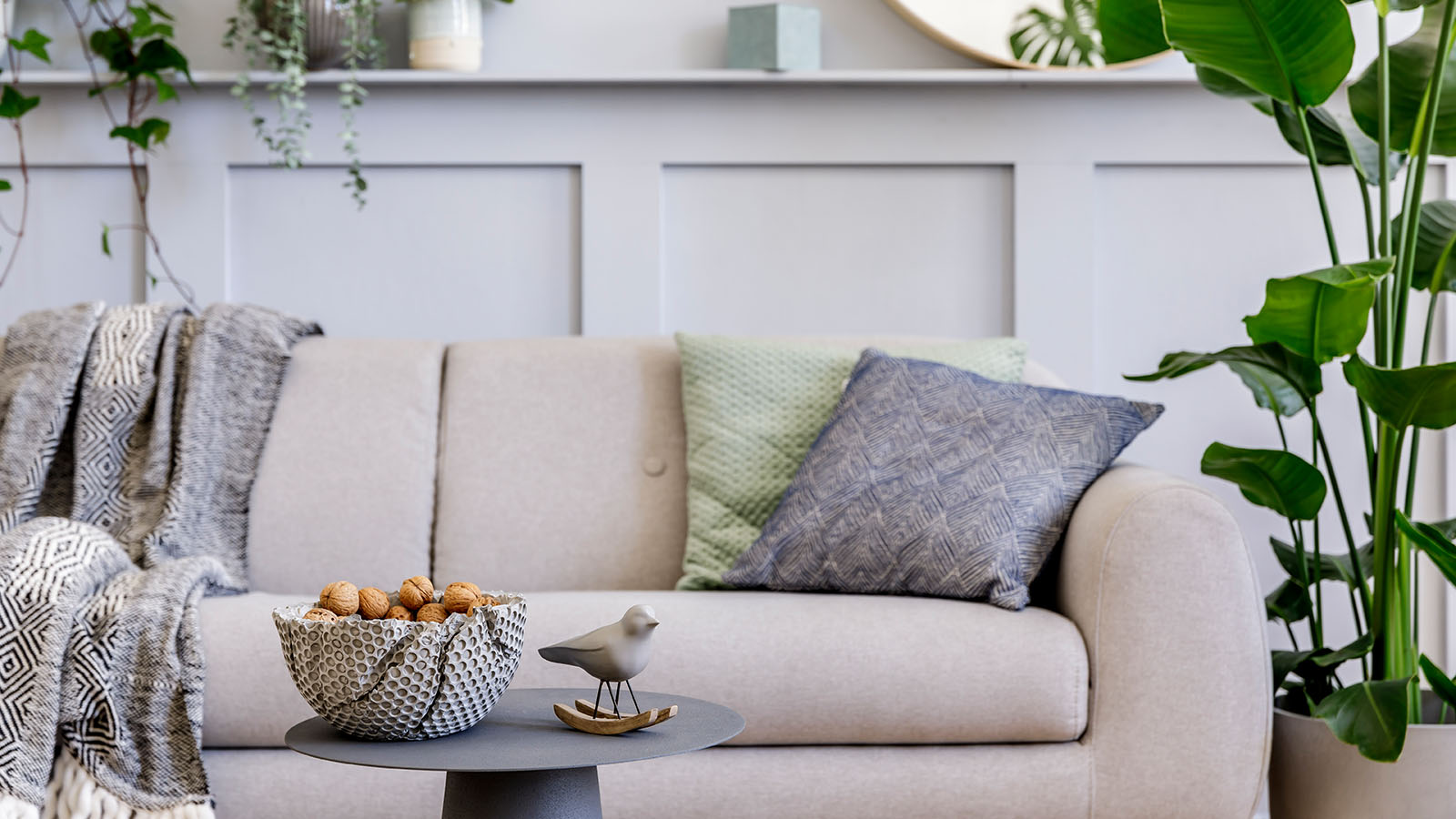
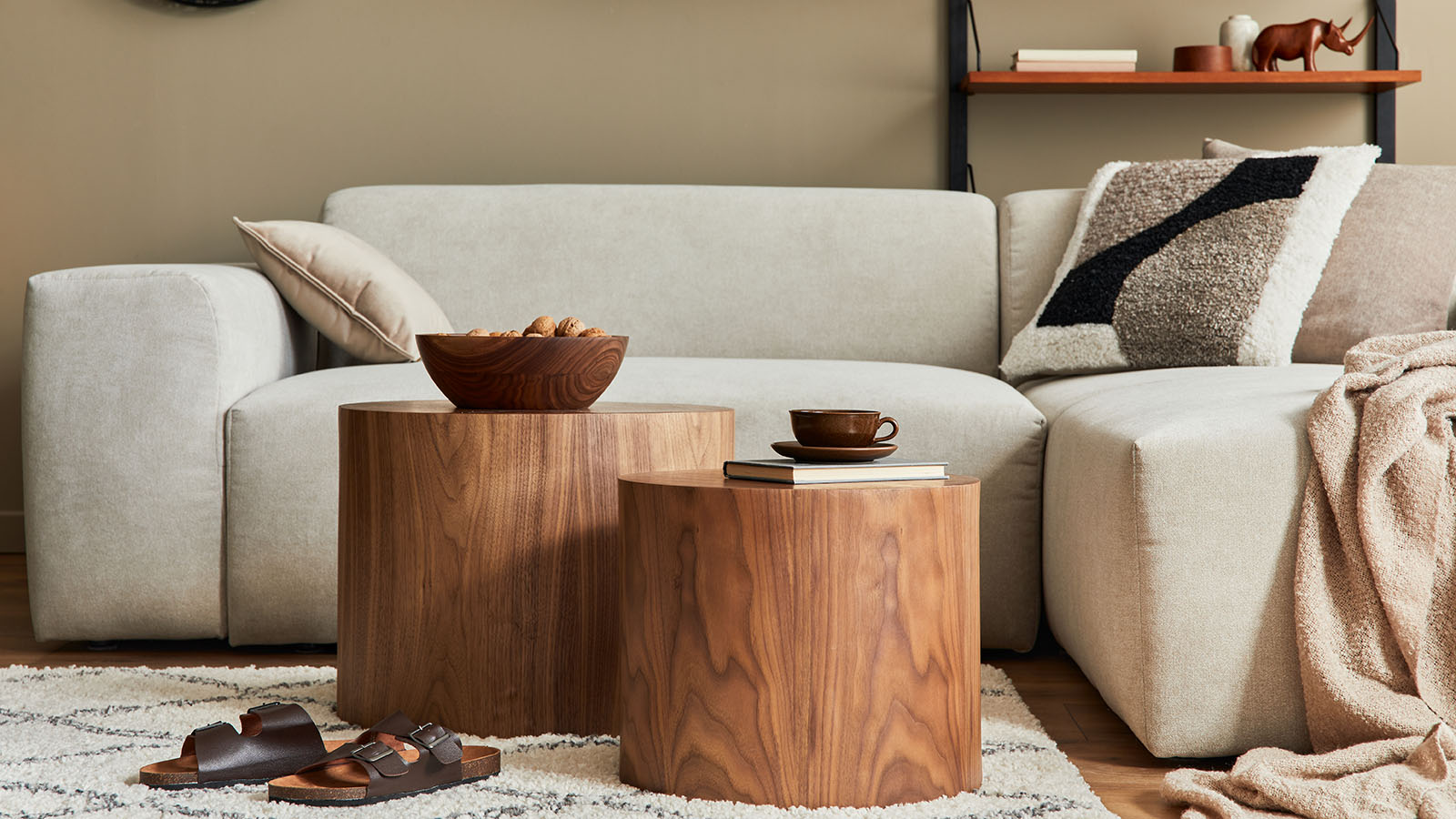
Is It Worth It to Put an Addition on a House?
Adding an addition to a house can be an excellent option for families looking to accommodate their lifestyle needs, such as requiring more living space or a formal dining area. It can provide additional square footage without the hassle of selling the current home and purchasing a larger one. Moreover, a well-designed addition can make a house more attractive to potential buyers and increase its value in a competitive real estate market. Ultimately, adding an addition can be a smart investment for homeowners looking to improve the functionality of their homes and create more living space.
However, homeowners must carefully consider the costs and potential return on investment before embarking on such a project. The cost of an addition can vary significantly, depending on the size and complexity of the project and the materials used. Therefore, homeowners need to weigh their budget against the potential increase in home value to determine whether the investment is financially feasible. Local zoning and building regulations can also affect the feasibility and cost of a project, making it essential to consult with local officials to understand the requirements and obtain necessary permits.
Increased Living Space
Adding an addition to a house can be a great option for families looking to accommodate their lifestyle, such as having a formal dining room or needing more space. It can provide the extra living space needed without selling the house and buying a larger one. Additionally, a well-designed addition can make a house more attractive to potential home buyers and increase the home’s value in a competitive real estate market. Ultimately, adding an addition can be a smart investment for homeowners looking to create more space and improve the functionality of their homes.
Increased Home Value
Adding an addition to a home can be a worthwhile investment, but homeowners need to consider the cost of the addition in relation to the potential increase in home value. The cost of adding an addition can vary greatly depending on factors such as the size and complexity of the project, as well as the materials used. Homeowners must carefully weigh their budget and consider the potential return on investment. While adding an addition can be costly, it may pay off in the long run if it adds functionality and appeal to the home and increases its overall value, making it more attractive to potential buyers.
Zoning and Building Regulations
It’s crucial for homeowners to consider the impact of local zoning and building regulations before embarking on a home addition project. Zoning laws and building codes can impact the feasibility and cost of a project in various ways, including setbacks, height restrictions, and building materials. To avoid unexpected costs and delays, homeowners should consult with local officials to understand the requirements and obtain necessary permits. By adhering to building codes and regulations, homeowners can ensure a safe and successful home addition project.
Construction Costs
Adding an addition to a home can be a significant investment, and the cost will depend on the size and scope of the project. It is essential to consider the budget and potential return on investment before embarking on such a project. The cost of the project can be influenced by various factors, such as materials used, the extent of customization involved, and the expected resale value of the home. Careful consideration of these factors can help homeowners decide whether adding an addition is the right choice for their home and budget. Working with a professional contractor or designer can help ensure the project is completed safely and efficiently and meets the homeowner’s expectations.
